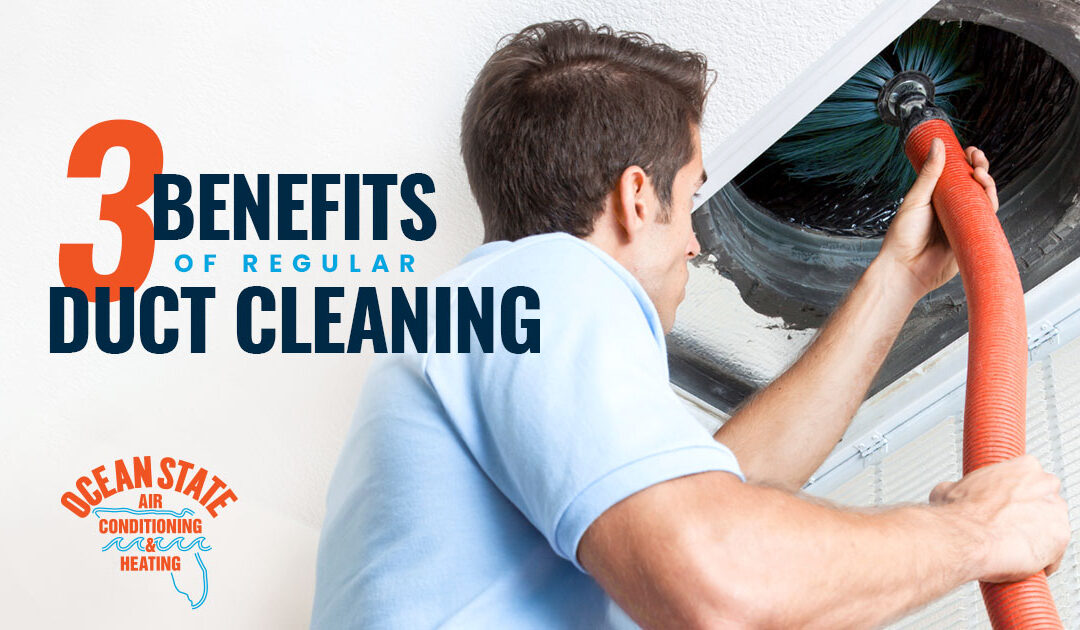
3 Benefits of Regular Duct Cleaning in Jacksonville
No matter the season, regular duct cleaning in Jacksonville is always important to help maintain a safe home and ensure the longevity of your HVAC system. At Ocean State, we have over 45 years of experience cleaning and maintaining duct systems in Jacksonville and we’ve seen firsthand the negative effects that neglected duct systems can have on your comfort and safety. As the company your neighbors recommend, we wanted to share three of the most important benefits of regular air duct cleaning that will not only help you breathe but will also help your budget!
Reduced HVAC Energy Costs
Dust, grime, and dirt diminish the effectiveness of heating and air conditioning system components which causes your energy costs to rise. Ductwork restrictions reduce airflow, which causes your system to work harder and longer to meet the indoor load. Regular duct cleaning ensures that your system is working at normal capacity and isn’t overextending itself to account for the dirt that accumulates inside which therefore reduces your monthly energy bill.
Indoor Air Quality
A dirty duct system inhibits the release of pathogens and contaminants that have built up in your home over time. Whether it’s mildew or dust, duct cleaning ensures that these harmful materials can be released which leaves your home smelling clean and fresh. Fall is nearly here and air duct cleaning allows you to have the crisp air that comes with the season while blocking the contaminants that can contribute to respiratory ailments.
Reduced Repair Costs & Longer Equipment Life
Obstructions to airflow pathways in ducts are one of the leading contributors to the malfunction of furnaces and air conditioning units. Your system has to work overtime to clear these obstructions which means it accumulates more runtime hours and therefore more wear and tear. At Ocean State, we want to lower your equipment costs while reducing your need for AC repair and regular air duct maintenance is a great way to keep your system running better and longer.
A clean duct system means that safe, easy-to-breathe air is circulating throughout your home while extending the lifetime of your HVAC system and preventing the need for costly repairs. At Ocean State, we use a patented Abatement System that uses an advanced, high-pressure push/pull HEPA method to clean the walls of your duct without getting any of the contaminants into the living area of your home. We invite you to call Ocean State to learn more about our services and how regular duct cleaning in Jacksonville can ensure you’re maintaining a healthy and comfortable home!

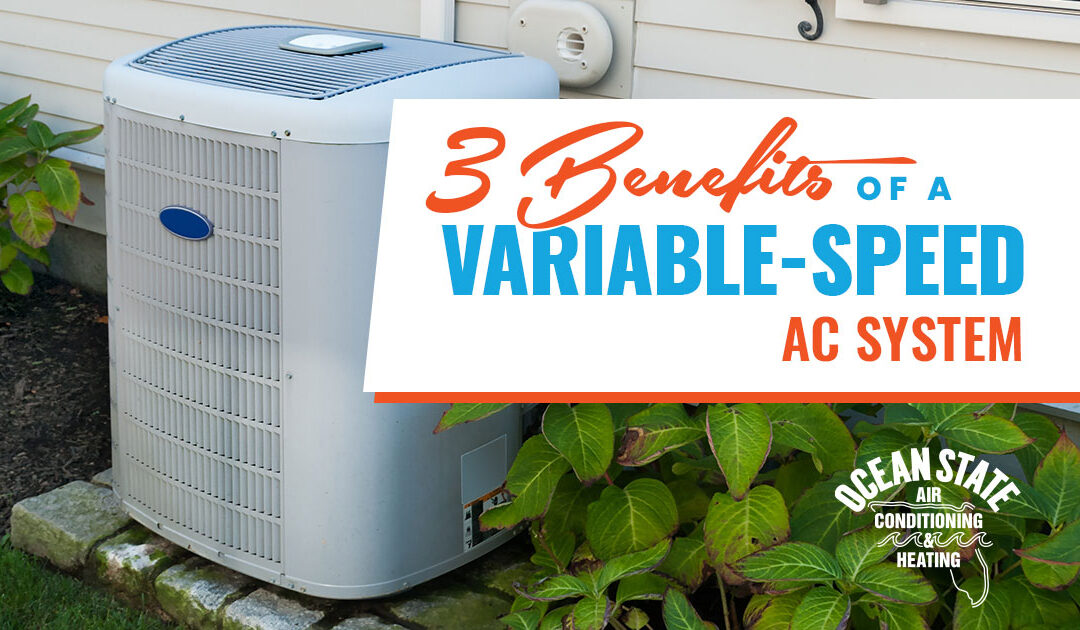
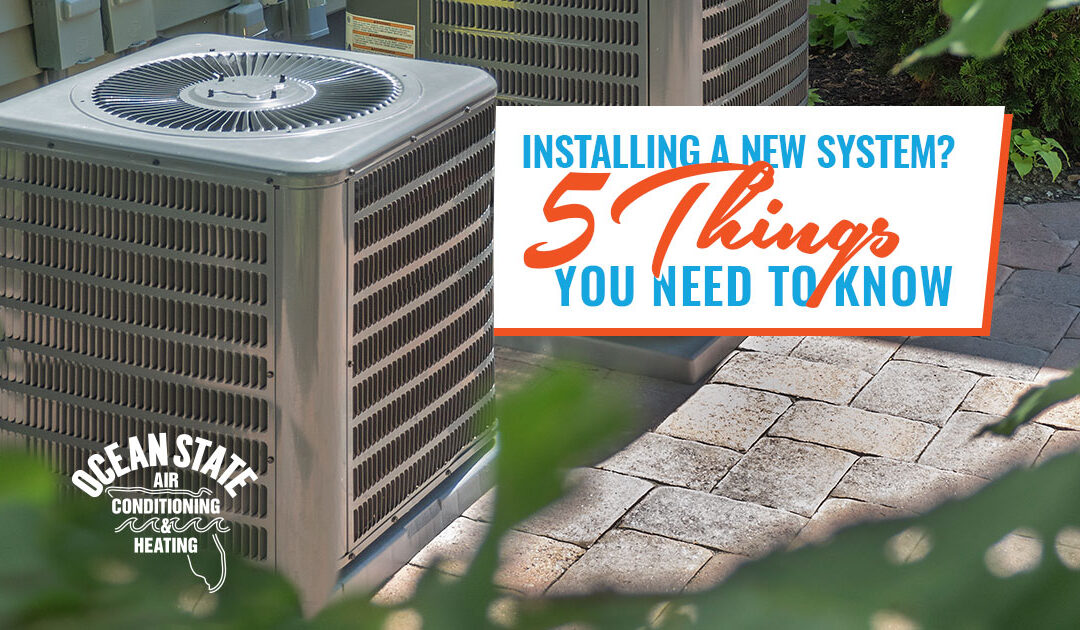

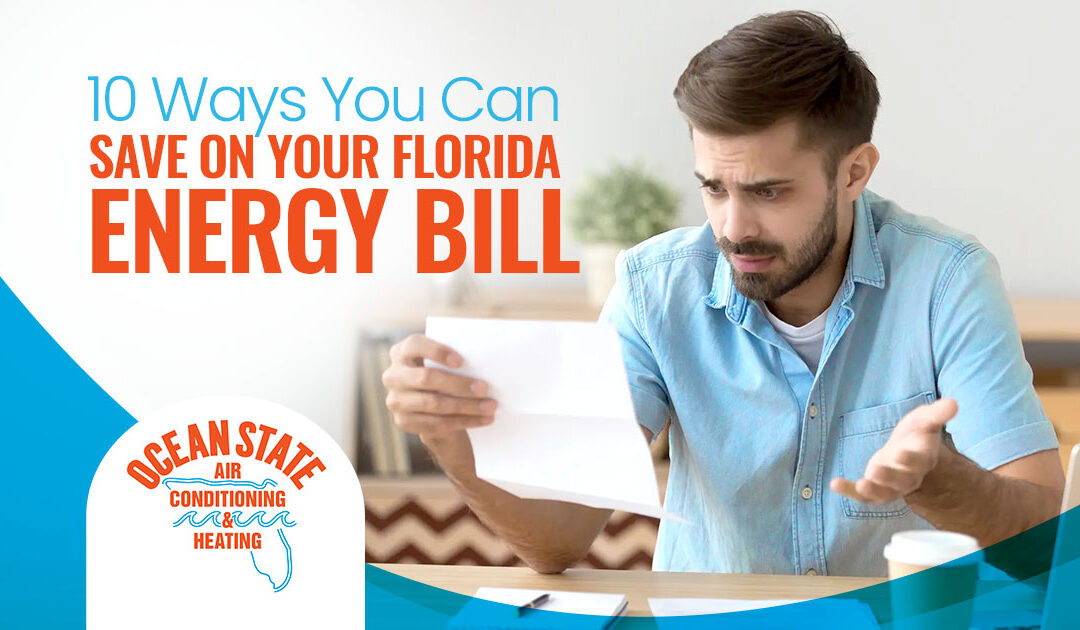
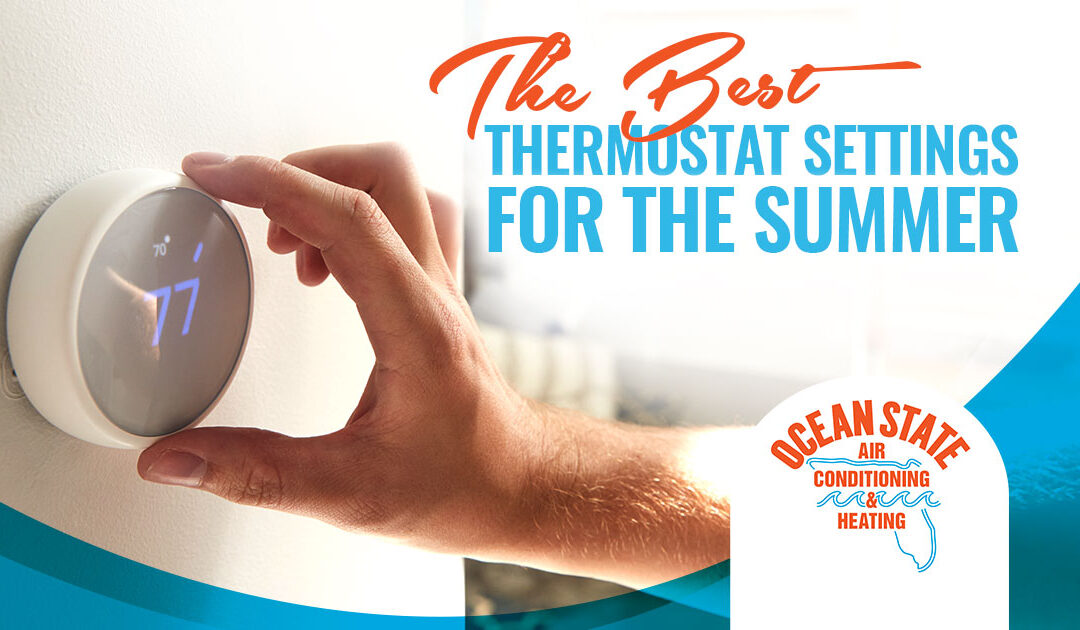
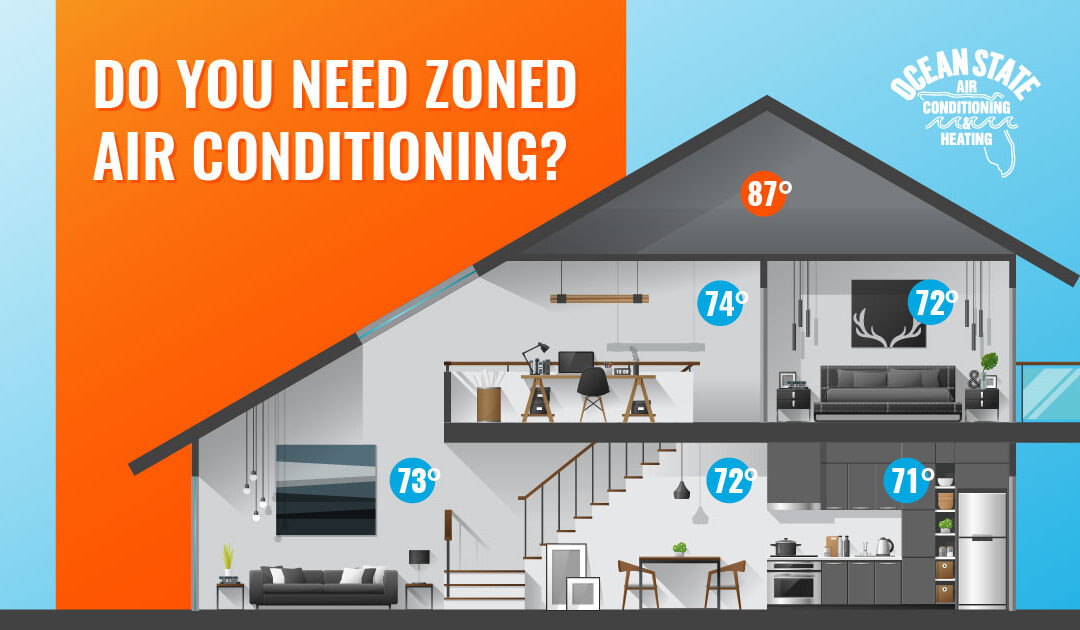
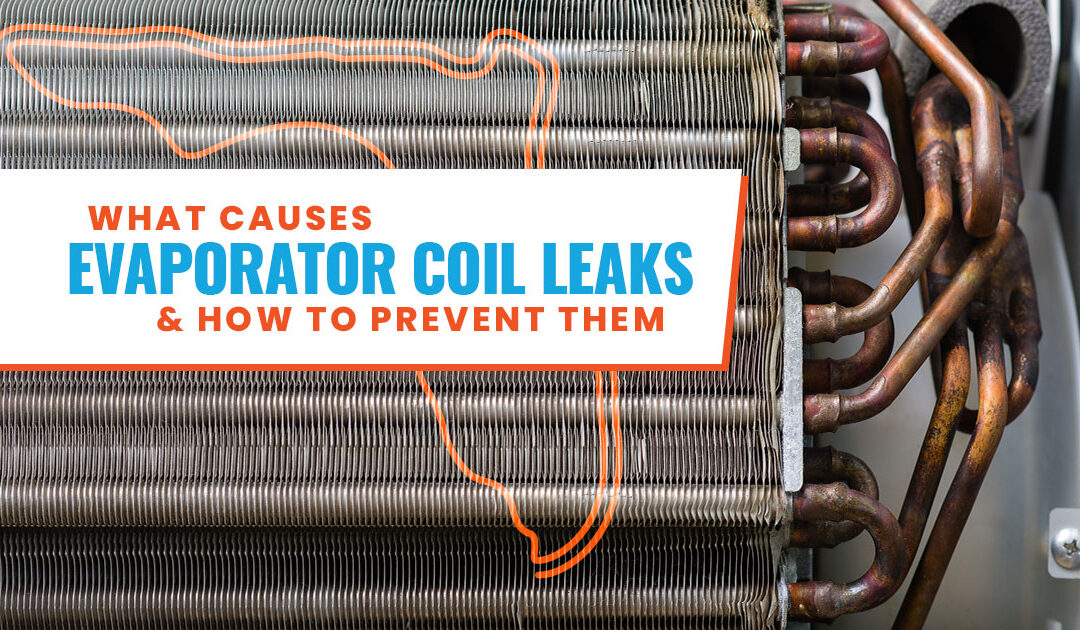
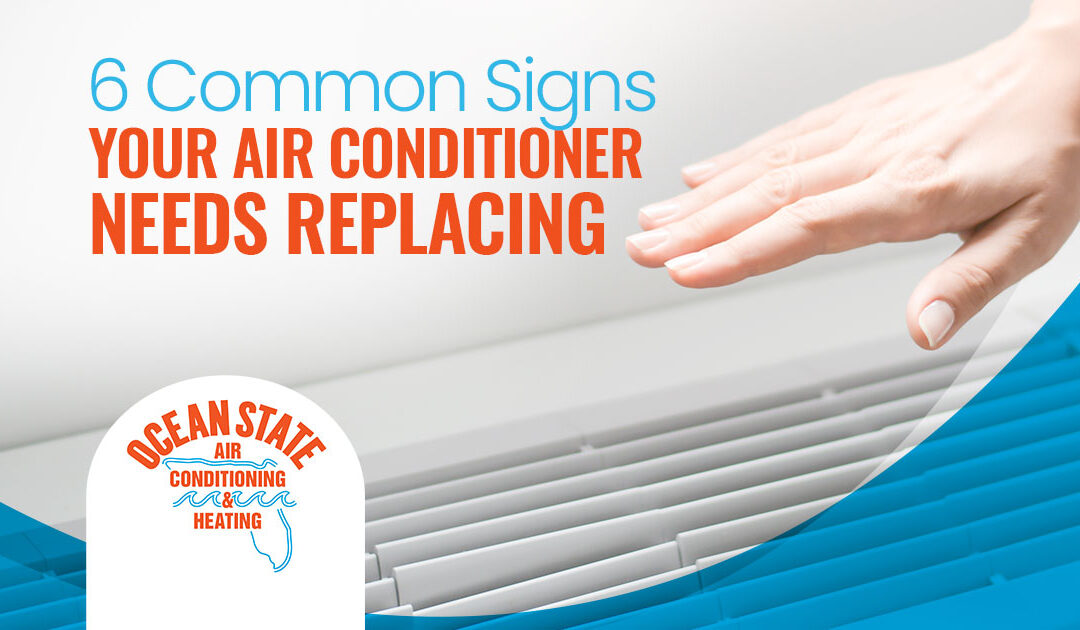
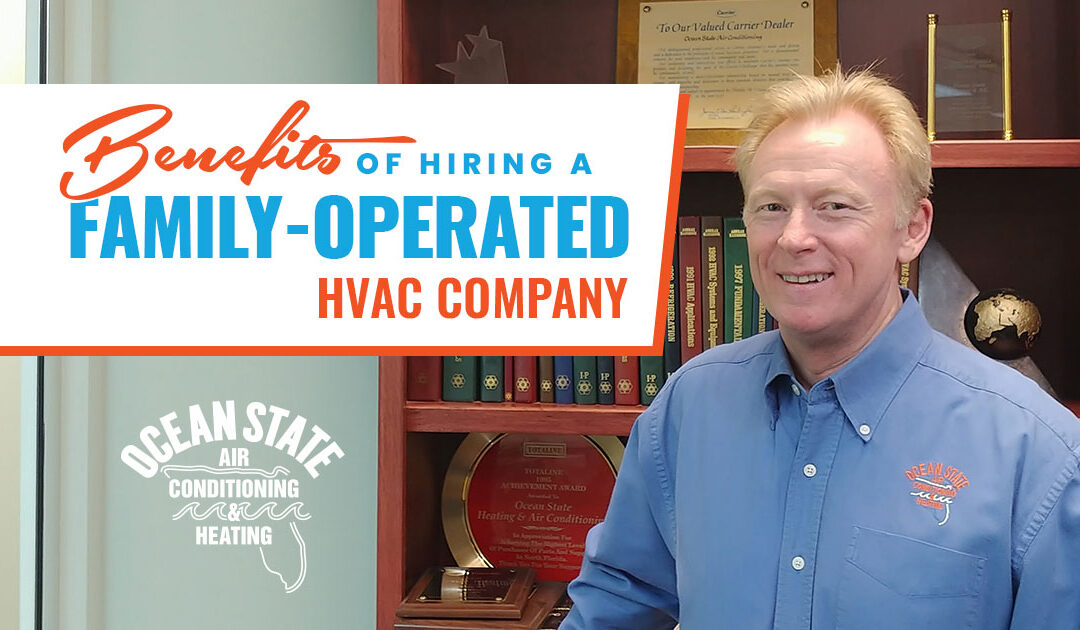



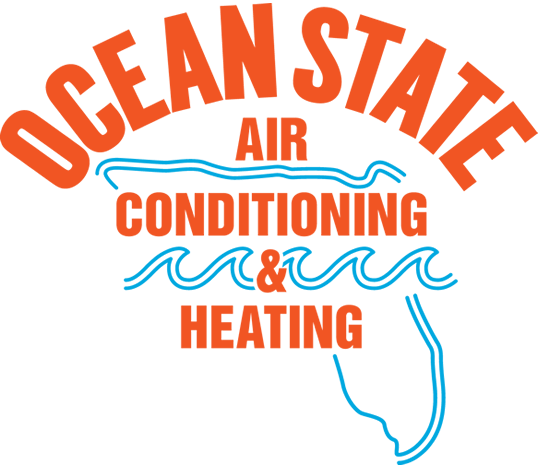 Offer valid on qualifying systems only. Financing available, subject to credit approval. Must present coupon at time of service. Cannot be combined with any other offer. Contact Ocean State for complete details.
Offer valid on qualifying systems only. Financing available, subject to credit approval. Must present coupon at time of service. Cannot be combined with any other offer. Contact Ocean State for complete details.




